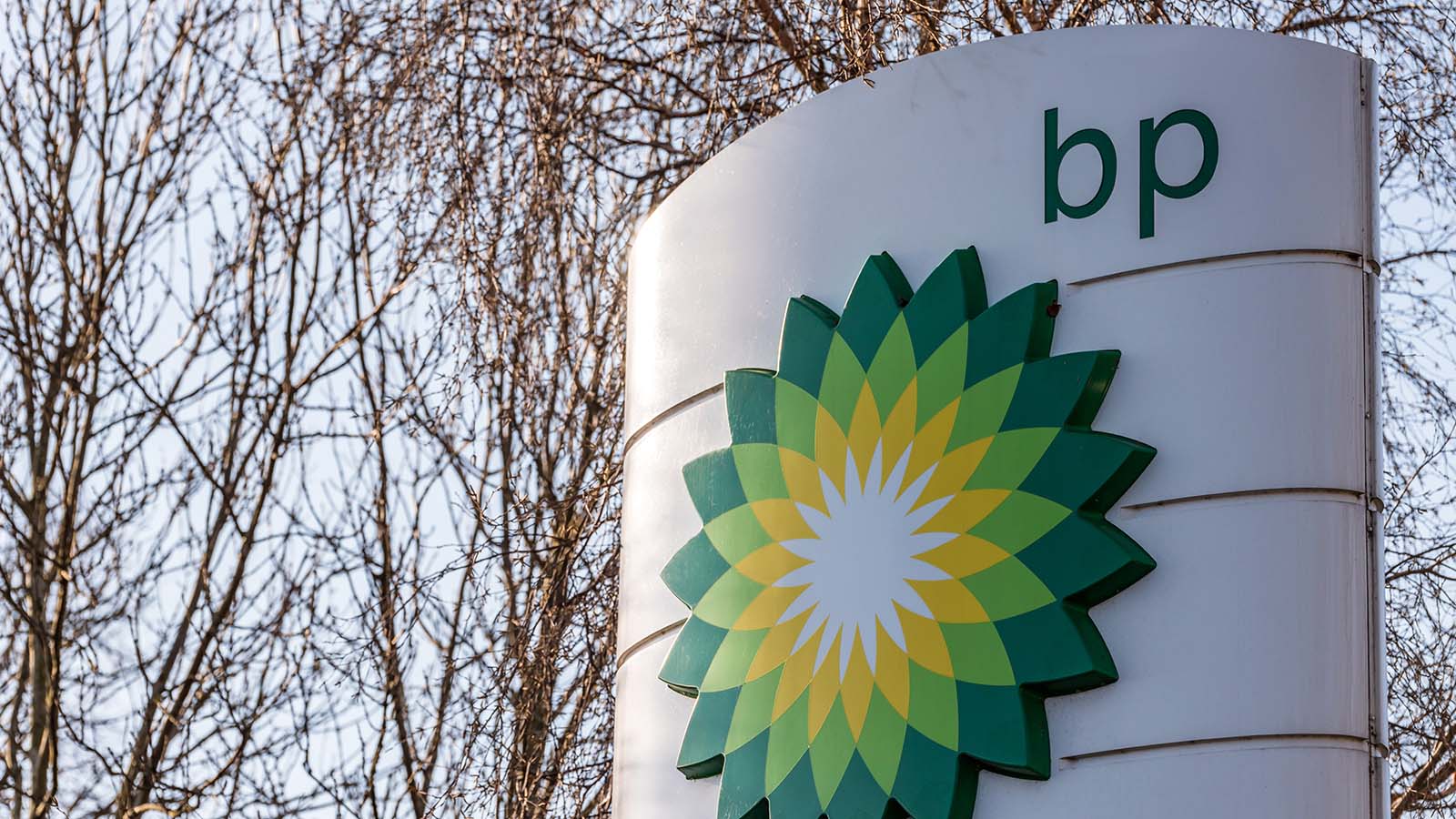BP (NYSE:BP) stock remains steady as the company transitions to a new CEO. The problem is that has remained too steady.

The stock has seen little movement in the nine years Bob Dudley has served as CEO. Mr. Dudley took over in the midst of the Deepwater Horizon oil spill that devastated both the stock and the company dividend.
As leadership transitions to incoming CEO Bernard Looney in February, investors may credit Mr. Dudley with saving the company. However, stockholders have seen almost no profits in that time other than the dividend payments. Now, as new leadership takes over and as BP finally escapes the liabilities of the oil spill, many wonder if they can finally look forward to gains in BP PLC stock.
Oil Spill Turned BP Into a Dividend Stock
For the last few years, BP stock has generated little excitement and considerable dividends. The company paid $3.36 per share in yearly dividends before the oil spill. At the current $2.46 per share in annual payouts, it still has not caught up to that level. However, it has risen steadily since management cut the payout.
The company’s dividend yield currently stands at an impressive 6.2%. Ian Bezek also makes a great point that shareholders do not pay foreign taxes on dividends from British companies. This is a bonus to holding shares in the company formerly known as British Petroleum.
The problem involves a seemingly immovable stock price. BP traded at $38 per share when Bob Dudley took over as CEO in 2010. As Mr. Dudley prepares to step down, the equity trades at around $39.50 as of the time of this writing. For this reason, investors should probably continue to view BP stock primarily as an income play. Here’s why.
The Case For and Against BP Stock
New leadership and the prospects for higher demand beg the question of whether investors need to buy BP stock for gains. In that area, I do not feel so optimistic.
Admittedly, BP stock bulls have a reasonable argument. Although profits will fall this year, analysts forecast average annual earnings growth of 31.5% per year over the next five years. If this comes to pass, BP stock will again become a growth play. Moreover, countries such as China and India have an ever-increasing need for oil. The need should increase further once a U.S.-China trade deal becomes a reality.
However, investors also have good reason to mistrust such a rosy forecast. Companies such as ExxonMobil (NYSE:XOM) and Chevron (NYSE:CVX), like BP, have seen profits fall over the last year. So bad is the problem that Chesapeake Energy (NYSE:CHK) now questions its ability to stay in business.
West Texas Intermediate crude currently trades at about $57 per share. While most would not consider this “low,” oil prices have struggled to gain traction in recent years as production levels in the Permian Basin have kept prices in check.
The oil discovery in Iran will probably not help matters. The Iranian government claims it has discovered 53 billion additional barrels of oil. Despite sanctions, this likely helps to keep a lid on prices. When one figures-in the increasing importance of alternative energy, I see little reason to believe demand will rise enough to take the price of BP stock with it.
The Bottom Line on BP PLC Stock
Amid a change in leadership, investors should continue to look at BP stock as an income play. BP should remain a good buy for dividend investors. The $3.05 per share in predicted profits will cover the $2.46 per share in dividends. The question is whether the equity can offer more.
BP stock has seen little net price growth in nine years. Moreover, output continues to stay ahead of forecasted demand growth, indicating prices will fall. Despite this, analysts continue to hold to optimistic forecasts of long-term profit growth.
Considering these conditions, I recommend BP stock only as a dividend play. I see the prospects for stock gains as mixed, but if they occur, see it as a bonus.
As of this writing, Will Healy did not hold a position in any of the aforementioned stocks. You can follow Will on Twitter at @HealyWriting.
